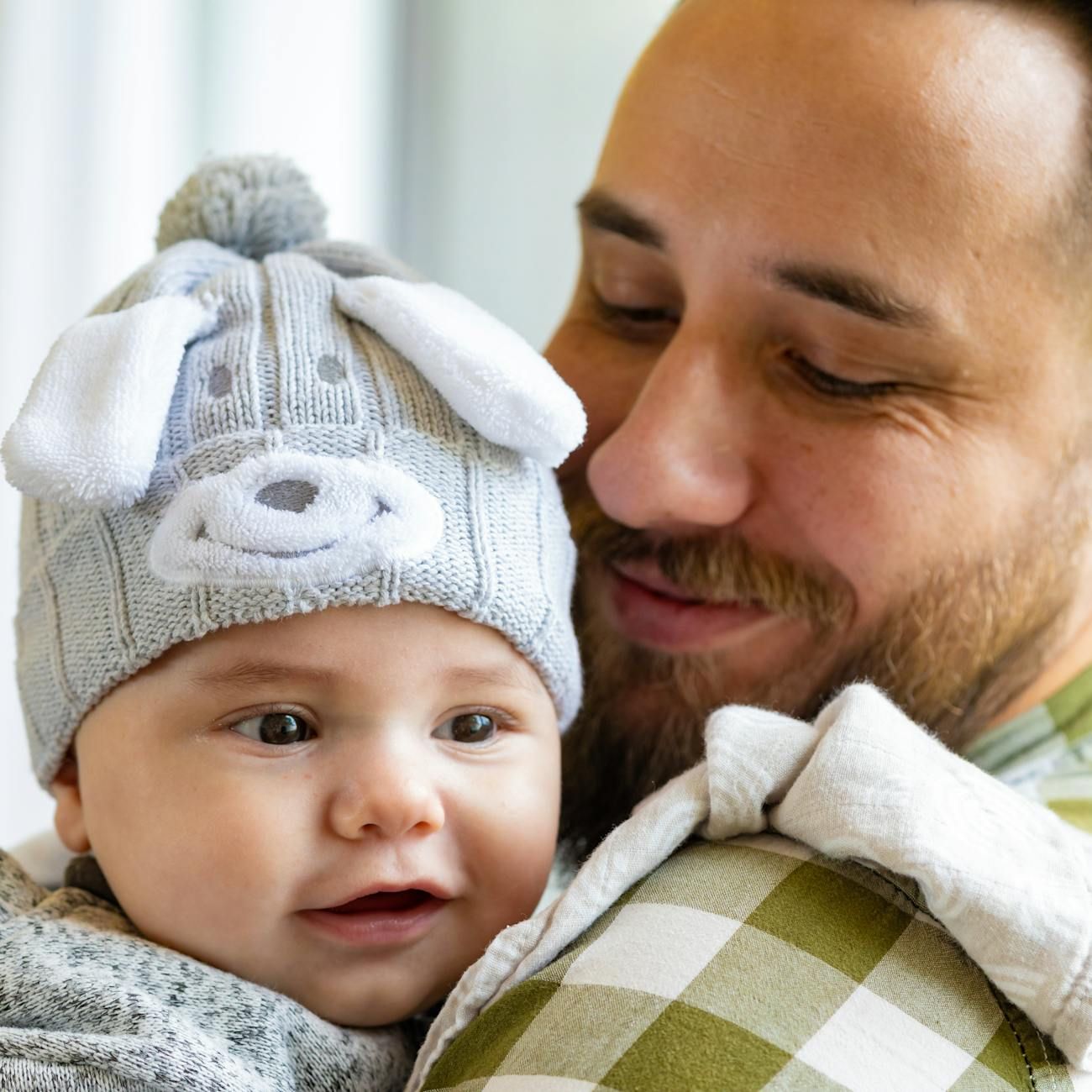What to Expect in the First 12 Months of Your Baby’s Life



Welcoming a newborn into your life is an exciting and joyous experience, but it can also come with a lot of uncertainties and questions, especially for first-time parents. The first 12 months of your baby's life are filled with incredible growth and development milestones that can leave you in awe. Understanding what to expect in the first year can help you navigate this crucial period with more confidence and ease. Here is a comprehensive guide on what to expect in the first 12 months of your baby's life.
Baby Development Milestones
From the moment your baby is born, they embark on a remarkable journey of growth and development. Each month brings new milestones and achievements that showcase your baby's rapid progress. In the first 12 months, your baby will go from being a tiny newborn to an active little explorer. These milestones can vary from one child to another, but they provide a general roadmap for tracking your baby's development.
First Year Baby Growth
During the first year of life, your baby will undergo significant physical growth. Most babies double their birth weight by around 5-6 months and triple it by their first birthday. You'll notice your baby's length increasing steadily as well. Make sure to attend all well-baby visits with your pediatrician to track your baby's growth and ensure they are hitting their growth milestones.
Infant Milestones Month by Month
Month by month, your baby will achieve a series of developmental milestones that reflect their increasing abilities and awareness. From lifting their head to rolling over, babbling, sitting up, crawling, and eventually taking their first steps, each milestone is a testament to your baby's growing skills and coordination. Celebrate these achievements and provide a safe environment for your baby to explore and practice new skills.
Baby’s First Year Guide
A comprehensive guide to your baby's first year can help you stay informed and prepared for each stage of development. Books, online resources, parenting classes, and support groups can provide valuable insights and tips on how to care for your baby and promote healthy growth and development. Remember that every baby is unique, so allow for individual differences and progress at your baby's pace.
What Babies Do in the First Year
In the first year of life, babies are busy learning about the world around them. They use their senses to explore objects, people, and their own bodies. Babies engage in tummy time, reach for objects, grasp items, babble, imitate sounds, and show increasing interest in their surroundings. As their cognitive and motor skills develop, babies become more curious and eager to interact with their environment.
Parenting Tips for Newborns
Parenting a newborn can be both rewarding and challenging. It's essential to create a nurturing and loving environment for your baby while also attending to their basic needs for feeding, changing, and sleep. Establishing a routine can help both you and your baby feel more secure and comfortable. Remember to take care of yourself as well and seek support from family and friends when needed.
Baby Care Month 1 to 12
Each month of your baby's first year comes with its own set of care requirements. From feeding and diaper changes to sleep schedules and playtime, you'll need to adjust your caregiving approach as your baby grows and develops. Providing a safe and stimulating environment, offering plenty of love and affection, and responding to your baby's cues are essential components of baby care during the first year.
Emotional Development in Infants
Babies develop emotional bonds with their caregivers from an early age. Responding to your baby's needs promptly and lovingly helps build a sense of security and trust. Babies also learn to express a range of emotions, from joy and excitement to frustration and sadness. By acknowledging and validating your baby's feelings, you can support their emotional development and promote a strong parent-child bond.
Baby’s First Year Checklist
Creating a checklist for your baby's first year can help you stay organized and prepared for important milestones and tasks. Include items such as well-baby visits, vaccinations, developmental screenings, babyproofing your home, introducing solid foods, and transitioning to a nap schedule. A checklist can serve as a helpful tool for tracking your baby's progress and ensuring that you don't miss any essential steps along the way.
In conclusion, the first 12 months of your baby's life are filled with growth, development, and endless possibilities. By understanding what to expect during this transformative year, you can provide the best possible care and support for your little one. Cherish each moment, seek guidance when needed, and trust in your instincts as a parent. Your baby's first year is a time of immense joy and discovery, so savor every precious moment.




